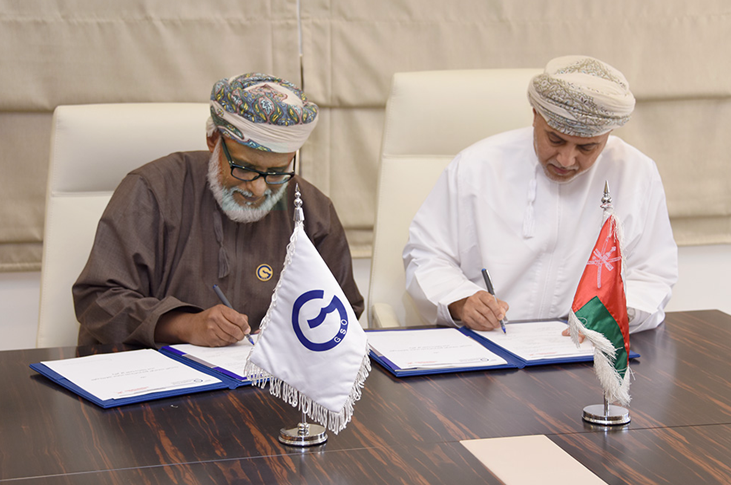What is UL certification and why is it important?
UL stands for Underwriter Laboratories, a third-party certification company that has been around for over a century. UL was founded in Chicago in 1894. They certify products with the aim of making the world a safer place for workers and consumers. In addition to testing, they set industry standards to follow when innovating new products. Last year alone, approximately 14 billion UL-certified products entered the global market.
Simply put, UL is a safety organization that sets industry standards for new products. They are constantly checking these products to make sure they meet these standards. UL testing ensures that the wires are the correct size or that the devices can handle the amount of current they claim to be able to handle. They also ensure that products are constructed correctly for maximum safety.
A common misconception is that UL tests each product itself. This is not always the case. Instead, UL authorized manufacturers use the UL seal to test products themselves. They then follow up regularly to make sure they are testing their product and following proper guidelines. This is one of the many reasons why UL certification is attractive to businesses.
No matter how familiar you are with the UL markings recognizable on your machine, it’s not as simple as it seems. There is no general UL certification. Instead, it is divided into several levels. The three layers are UL Listed, UL Recognized, and UL Classified.
While the three are relatively similar to each other, there are some important differences. In order to figure out what’s best for your business, or to be more informed as a consumer of UL products, it’s good to know the basic differences.

- JCT was Initiated in 2003,and has been established since 1990.we have been working on certification and testing for over 15+ years experience.
- More than 500 customers choose JCT’s Service, we JCT get more than 1000+ certificate for customers,and save many times and money.Also helped customers get more orders.
- We are confident that the job will be completed to your satisfaction. If for any reason you are not fully satisfied with the results, we will fix the issue and won’t consider the job done until you have a smile on your face!
- Don’t worry about hidden charges at the end. We present you with fixed rate pricing before any work even begins, so you will know exactly what to expect. What we quote is what you can expect to pay nothing more.




















